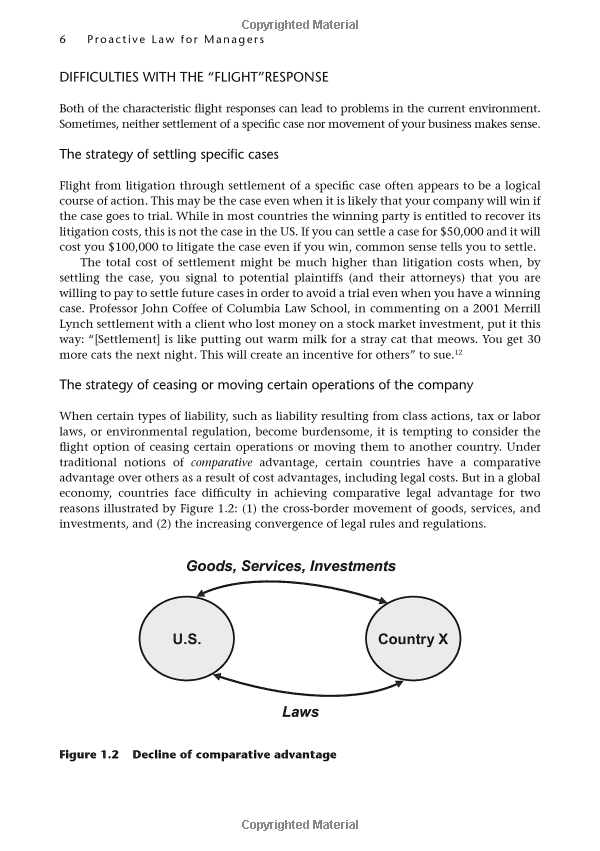Understanding the Essential Qualifications for Mortgage Loan Approval: A Comprehensive Guide
Guide or Summary:Credit Score RequirementsIncome VerificationDebt-to-Income RatioEmployment HistoryDown PaymentProperty Appraisal**Qualifications for Mortga……
Guide or Summary:
- Credit Score Requirements
- Income Verification
- Debt-to-Income Ratio
- Employment History
- Down Payment
- Property Appraisal
**Qualifications for Mortgage Loan** (抵押贷款资格)
When it comes to securing a mortgage loan, understanding the qualifications for mortgage loan approval is crucial. This knowledge not only helps potential homebuyers prepare for the application process but also increases their chances of obtaining favorable loan terms. In this guide, we will delve into the various qualifications for mortgage loans, including credit score requirements, income verification, debt-to-income ratios, and more.

Credit Score Requirements
One of the primary qualifications for mortgage loan approval is the applicant's credit score. Lenders typically use this score to assess the borrower’s creditworthiness. A higher credit score often translates to better loan terms, such as lower interest rates. Most conventional loans require a minimum credit score of around 620, while government-backed loans, like FHA loans, may allow scores as low as 580 or even lower in some cases. It is advisable for potential borrowers to check their credit reports well in advance of applying for a mortgage to identify any errors or areas for improvement.
Income Verification
Another critical qualification for mortgage loan approval is income verification. Lenders need to ensure that borrowers have a stable and sufficient income to make their monthly mortgage payments. This process typically involves providing documentation such as pay stubs, tax returns, and bank statements. Self-employed individuals may face additional scrutiny, as they must provide more detailed financial records to demonstrate their income stability.
Debt-to-Income Ratio
The debt-to-income (DTI) ratio is a key metric that lenders use to evaluate a borrower’s financial health. This ratio compares an individual's total monthly debt payments to their gross monthly income. Most lenders prefer a DTI ratio of 43% or lower, although some may allow a higher ratio depending on other factors, such as credit score and the type of loan. Lowering your DTI ratio can improve your chances of mortgage approval, so it is wise to pay down existing debts before applying.

Employment History
A stable employment history is another important qualification for mortgage loan approval. Lenders generally prefer applicants who have been employed in the same job or industry for at least two years. This consistency demonstrates reliability and increases the likelihood that the borrower will maintain their income level throughout the life of the loan. If there are gaps in employment, borrowers should be prepared to explain them and provide any relevant documentation.
Down Payment
The size of the down payment can also affect mortgage loan qualifications. While some loans allow for a down payment as low as 3%, a larger down payment can significantly improve the chances of loan approval and may result in better loan terms. A down payment of 20% or more can help borrowers avoid private mortgage insurance (PMI), which adds to the monthly payment and increases the overall cost of the loan.
Property Appraisal
Lastly, the property itself must meet certain qualifications for mortgage loan approval. Lenders require an appraisal to ensure that the home is worth the amount being borrowed. If the appraisal comes in lower than expected, it can complicate the loan approval process. Borrowers should be aware that the property must also meet safety and livability standards set by the lender.

In conclusion, understanding the qualifications for mortgage loan approval is essential for anyone looking to buy a home. By being aware of the credit score requirements, income verification processes, debt-to-income ratios, employment history, down payment expectations, and property appraisal standards, potential borrowers can better prepare themselves for a successful mortgage application. Taking these steps can lead to a smoother process and ultimately help secure the dream of homeownership.